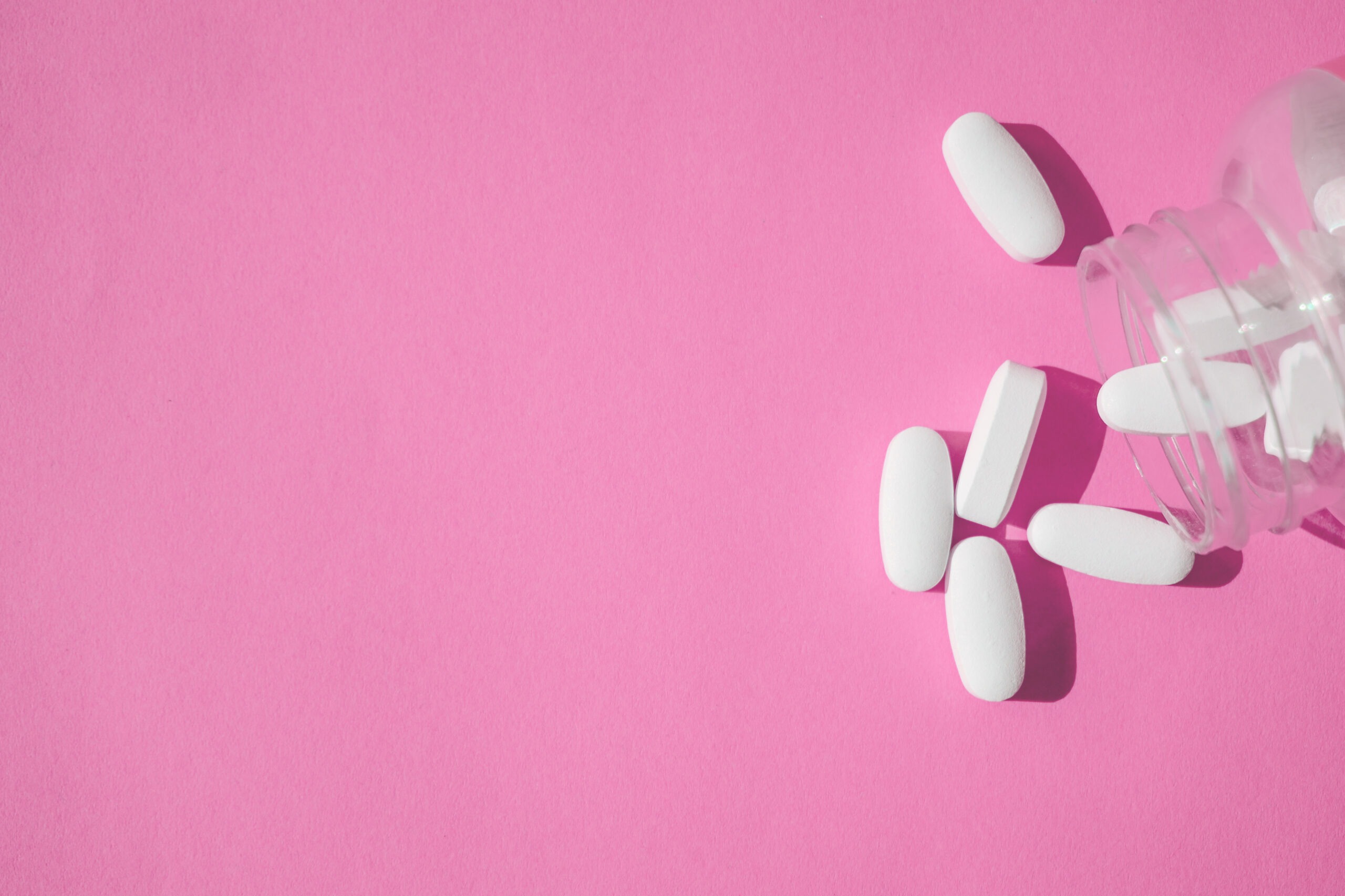The menopause transition is getting more and more press these days, but too often that coverage casually – and, it can be argued, irresponsibly – talks about antidepressants as a routine treatment option for mood issues.
The references usually aren’t attributed to anyone. Of course in journalism, you don’t have to attribute everything in a story. But skipping attribution (in this case, most appropriately by an official body, i.e. ‘the North American Menopause Society advises’) indicates that what has been written is generally accepted to be true.
This is most definitely not the case when it comes to antidepressants as a method of treating mood issues related to peri/menopause. Take this article on menopause and mental health published in June 2022 in Forbes, in which writer Jessica Gold tosses out this line: “Luckily, there are solutions and both therapy and antidepressants (alone or in combination) can be effective treatments.”
The reference is plopped in the midst of a really thoughtful look at all the reasons why women can struggle emotionally during this time, all deal-with-able outside of pharmaceuticals that can be incredibly difficult to come off of and come with a hefty list of side effects. They are often not appropriate at all, particularly when it comes to the constellation of symptoms that are associated with the peri/menopause transition.
(We need to stress here that any discussion of antidepressants refers to mood issues and peri/menopause, not the efficacy of antidepressants for the treatment of depression.)
Much-lauded perimenopause coverage in the New York Times in April 2022 had the same sort of casual, unattributed mentions. One article does point out that the FDA has approved paroxetine, aka Paxil, to treat hot flashes. But when there is evidence to show so many other methods can tackle hot flashes (more on that to come) with so much less in the way of side effect risk, why go down the Paxil road?
Many experts have spoken out with concern about the tendency to prescribe antidepressants to women at this time of life, pointing to a lack of evidence. In the UK, for example, the National Institute for Health Care and Excellence (NICE) has this to say about antidepressants and mood issues: “It has not been shown that antidepressant drugs called SSRIs and SNRIs can help with low mood during menopause if you haven’t been diagnosed with depression.”
So it was refreshing to see a Today Show report in July include the story of a woman who resisted attempts to prescribe Lexipro. “I’m no doctor,” she told journalist Maria Shriver, “but I’ve read all of the information and none of these symptoms apply to me. They wanted to get me out of the way.”
The mention was a bit surprising, considering that in 2020 pharmaceutical companies accounted for 75 percent of spending on television ads in the US, to the tune of $4.58 billion, according to analytics from the British firm Kantar Media.
It’s important to remember at all times – even when people have vested interests in persuading us otherwise – that perimenopause is a natural process. It’s also a physical and emotional process, with symptoms that can be exacerbated by external and internal factors. There is a lot we can do to identify and mitigate these factors, too. This phase of our lives can unearth legitimate problems that need to be addressed in a therapeutic setting: evidence keeps mounting, for example, on the confounding impact of trauma from Adverse Childhood Events has on menopause symptoms. Years of over-giving and self-sacrifice can come home to roost, and cracks and problems in relationships can become glaringly obvious; all while we find our old ways of coping no longer work. This can be a partial explanation for some of the emotional changes women find themselves experiencing, including the well-known peri/menopausal rage.
Some of this can be traced back to the Women’s Health Initiative study results of 2002; it’s not a leap that doctors, scared of prescribing HRT based on risk findings from a study later exposed as highly flawed, quite reasonably tried to find their struggling patients other solutions.
We now know that various forms of hormone therapy are safe to take, and that they can help with mood issues too. According to the 2022 guidelines from the North American Menopause Society, there is evidence that estrogen therapy can improve mood in perimenopausal women, although a lot of that research has looked at unopposed estrogen, not when it is combined with (synthetic) progestogens or (bioidentical) progesterone – as it needs to be to prevent thickening of the lining in people with a uterus.
Dubai-based consultant gynecologist-obstetrician Dr Rosalie Sant puts it this way: “If it’s anxiety you cannot deal with, then I would far prefer to give a woman estrogen than to put her on antidepressants, which is a major, major thing that people tell us that we need.”
NAMS reports that there is also good evidence that 300mg of oral micronized progesterone – not progestin, which is a synthetic form – helps with sleep, and we all know how much good sleep can help with mood issues. Women also report improved energy levels when taking testosterone in perimenopause.
There are a variety of supplements that have been shown to help with mood, particularly magnesium – a mineral our population is chronically deficient in. In one study of 171 post-menopausal women, 81.9 percent had low magnesium, a group that was more likely to report depression. Low magnesium can also disrupt sleep, as this study on rats demonstrated, and you know how that leaves you feeling.
Increased dietary fiber consumption – fruit, legumes and vegetables – may be linked to a reduced risk of depression. Another evidence-based approach is cognitive behavioral therapy, which NICE recommends as a treatment option.
It’s all incredibly polarizing, and emotional, particularly if you were prescribed anti-depressants for mood in perimenopause and now see people saying it doesn’t work, or shouldn’t happen.
Although this won’t impact women who’ve already gone on anti-depressants, neuropsychiatrist Dr Louann Brizendine seems to have struck a good middle ground here for anyone who is offered them, or have them under consideration. The approach she outlines in her 2022 book The Upgrade: How the Female Brain Gets Stronger and Better in Midlife and Beyond is microdosing.
Dr Brizendine explains that when it comes to her preferred drug Prozac, the average dose for treating clinical depression is between 20 and 80 milligrams. That is way too high for women in transition, she argues, and that’s why she uses a liquid form and starts with the smallest dose – 2 to 5 milligrams. In fact, whatever drug she’s using, she starts out this conservatively, titrating up as necessary.
It’s the same sort of reasonable advice experts in the emerging field of cannabis for menopause use, although it’s rarely talked about when it comes to antidepressants.
In an informal Hotflash inc poll with 53 respondents, 45 percent said they would never take anti-depressants for peri/menopausal mood issues, while 23 percent were already taking them. Also: 11 percent were considering it, and 21 percent said ‘maybe’ to the idea of microdosing.
The bottom line is when it comes to antidepressants for the most part, it’s much like peri/menopause itself: there’s a better way to deal with this than we’ve dealt with it before.
Ann Marie McQueen is the founder of Hotflash inc, a global platform to inform, inspire and entertain people in peri/menopause while bridging the gap between mainstream medicine and holistic care.








